It’s been a short work week due to the Monday bank holiday, but it has seemed much longer. My team had a number of grant financial reports to file with the European Commission before the end of October, and we’re still working on a few reports that have been granted extensions from previous months. Two temporary employees from staffing agencies ended their assignments today, leaving just myself and one other career staff member, although we are also getting part-time help from a couple of staff members from other teams. It feels like I’m bailing out a sinking boat, just trying to survive long enough until help arrives. Hopefully we are rescued soon!
Tax deadline in Ireland
The deadline to pay taxes in Ireland for the previous year is October 31st, although the deadline to file tax returns for 2020 is November 17th. That said, most individuals in Ireland never have to file a tax return! You read that right. Employees who work for companies and organisations like myself have taxes withheld from their paychecks and are known as Pay As You Earn (PAYE) employees. Taxes are assessed automatically in real time, so there is no need to true them up at the end of the year. Only self-employed persons (aka “chargeable” persons) must file a tax return.
Coincidentally, I was quite surprised when I checked my bank account today to see an unexpectedly large deposit from UCD. For August and September, I had been taxed under an “emergency” tax rate that is imposed until one registers one’s employment with Ireland’s Revenue Office. I didn’t know about the registration requirement until after my September paycheck was much lower than expected, causing me to research the reason why. Apparently, all the retroactive tax adjustments were automatically applied to my October paycheck, including two annual tax credits, which resulted in quite a windfall (the deposit was more than double my usual net pay!). The two tax credits that were automatically applied are an Employee Tax Credit of €1,650 and a Personal Tax Credit of €1,650. This resulted in lowering my effective tax rate to 5.31% for the first three months of my employment, although moving forward my tax deductions should be based on the usual bands of 20% up to the first €35,300 of gross earnings then 40% of the balance thereafter. In addition to income taxes, there is a 4% deduction for Pay Related Social Insurance (PRSI) and a progressive Universal Social Charge (USC) with rates ranging from 0.5% to 8.0% depending on one’s income level.

When it comes time for my 2021 taxes to be computed in October 2022, I should be eligible to claim deductions for things like health care costs, including prescription medicines and doctors’ “consultant fees” (net of the reimbursements from my private health care insurance, of course). This is as simple as scanning receipts and uploading them to one’s account on the Revenue Office’s website.
COVID-19 cases on the rise in Ireland
There have been heightened concerns in Ireland over the increase in new COVID-19 cases, as well as hospitalizations, over the last few weeks. The infection rate over the last 14 days is now over 500 per 100,000. It’s unclear to what extent the increased rate of infections is attributable to the “delta plus” variant of the virus that is more transmissible than ever, or the relaxing of restrictions and social distancing guidelines. For now, the government is not moving to reimpose restrictions, but rather slow any further easing of existing restrictions.


As of now, I don’t have any plans for the Halloween weekend, but we’ll see if something spontaneously comes together. Tonight there is a live broadcast of a Mrs. Brown Boys Halloween special to celebrate the 10th anniversary of the Irish-British TV comedy series that first aired in 2011. I have been watching the back catalog of Mrs. Brown’s Boys episodes over the last several weeks and enjoying it thoroughly. The main character of the series, Mrs. Brown, is played by male comedian Brendan O’Carroll, while the rest of the cast is almost entirely made up of his real-life family members. A synopsis from IMDB:
Agnes Brown – a widow living in Ireland – runs her home with an iron fist as she manages her sons, daughter Kathy and best friend Winnie. Add elderly Grandad, various in-laws and grandchildren to the mix and Mrs Brown usually has her hands full. Funny, outspoken and never at a loss for words (especially profanity), she gets through life and the daily grind with a caustic remark and a loving wink. What makes the show different is that the “fourth wall” is broken. This could mean anything from Agnes interacting with the crew filming the show, allowing technical goofs and glitches to make their way into the story line or having the studio audience join in for an impromptu musical number.
Until next time….
